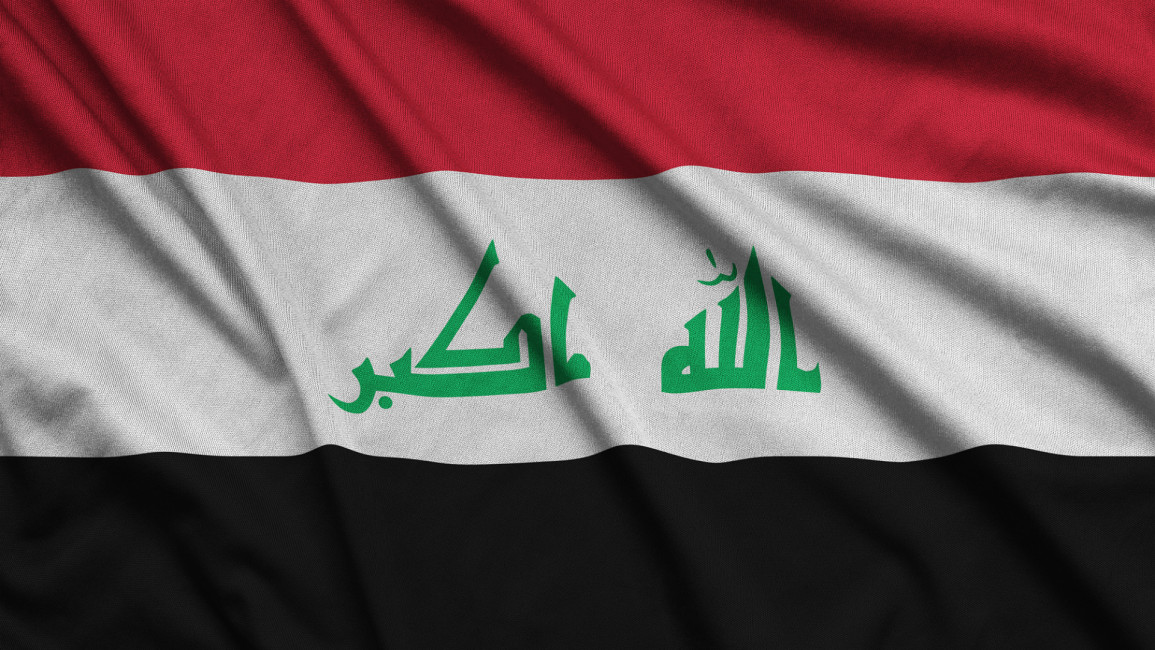The Iraqi men from various provinces had all been convicted under a 2005 Counter-Terrorism Law, which carries the death penalty, but there were no details on their specific crimes.
They were hanged in Nasiriyah prison in Dhi Qar province, the only one in Iraq that carries out capital punishment.
It is known for holding condemned ex-officials of the Saddam Hussein regime, which was toppled by the 2003 US-led invasion. Saddam himself was hanged in December 2006.
Iraqis fearfully refer to Nasiriyah jail as Al-Hut, or the whale, a vast prison complex that "swallows people up".
Since declaring the Islamic State group defeated in late 2017, Iraq has condemned hundreds of its own citizens to death for membership in the jihadist faction.
But only a small proportion of the sentences have been carried out, as they must be approved by the country's president, currently Barham Saleh.
Police sources confirmed to AFP that Saleh had signed off on Monday's executions.
Iraq's courts have also tried dozens of foreign nationals for alleged IS membership, condemning 11 French citizens and one Belgian national to death.
Those sentences have not been carried out.
Iraq ranks fifth among countries that carry out death sentences, according to Amnesty International, which documented 100 executions in the country in 2019.
That amounts to one out of seven executions across the world last year.
Read also: The Iraq Report: Iraqis fear emboldened Iran-backed militias after Biden's election victory
Cramped conditions, radicalisation
Amnesty and other advocacy groups accuse Iraq's justice system of corruption, of carrying out rushed trials using circumstantial evidence and failing to allow the accused a proper defence or access to lawyers.
They also condemn cramped conditions in detention centres, where cells built to hold around 20 detainees are often packed with 50, a source working in the jails told AFP.
Those arrested for petty crimes are often held with hardened jihadists, which has facilitated radicalisation in the past, experts said.
Iraq's government has declined to provide figures on detention centres or prisoners, including how many are facing terrorism-related charges, although some studies estimate 20,000 are being held for purported IS links.
Some facilities have shut down in recent years, including Baghdad's Abu Ghraib complex that became infamous for prisoner abuse during the US-led occupation.
Others were rocked by riots and prison breaks that allowed detainees accused of "terrorism" to escape.
Many women whose husbands, brothers or sons were suspected jihadist fighters still live in displacement camps around the country.
They have very little freedom of movement, even to access health care or schooling for their children, with NGOs condemning the settlements as "prison camps".
Follow us on Facebook, Twitter and Instagram to stay connected


![President Pezeshkian has denounced Israel's attacks on Lebanon [Getty]](/sites/default/files/styles/image_684x385/public/2173482924.jpeg?h=a5f2f23a&itok=q3evVtko)



 Follow the Middle East's top stories in English at The New Arab on Google News
Follow the Middle East's top stories in English at The New Arab on Google News


